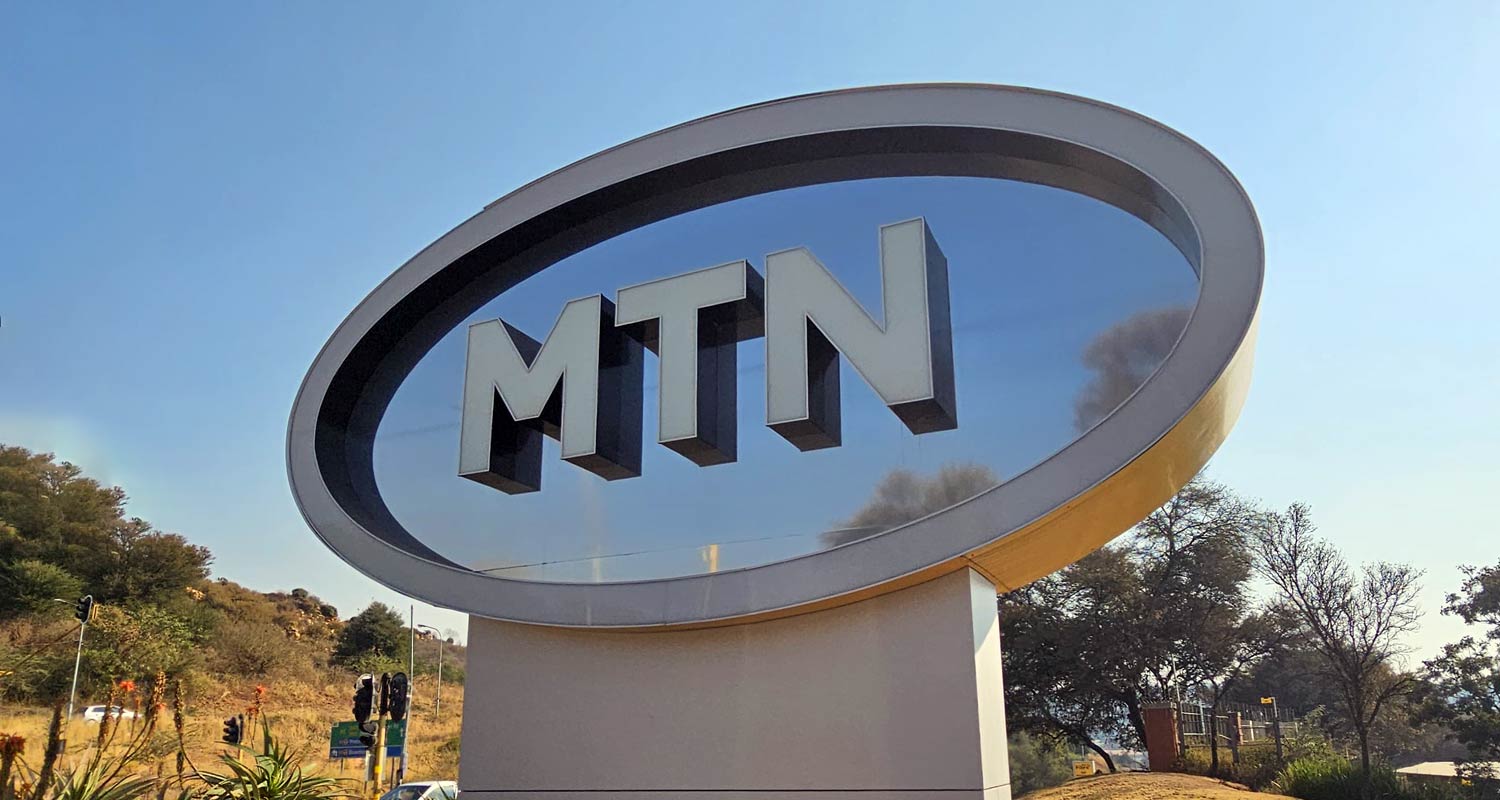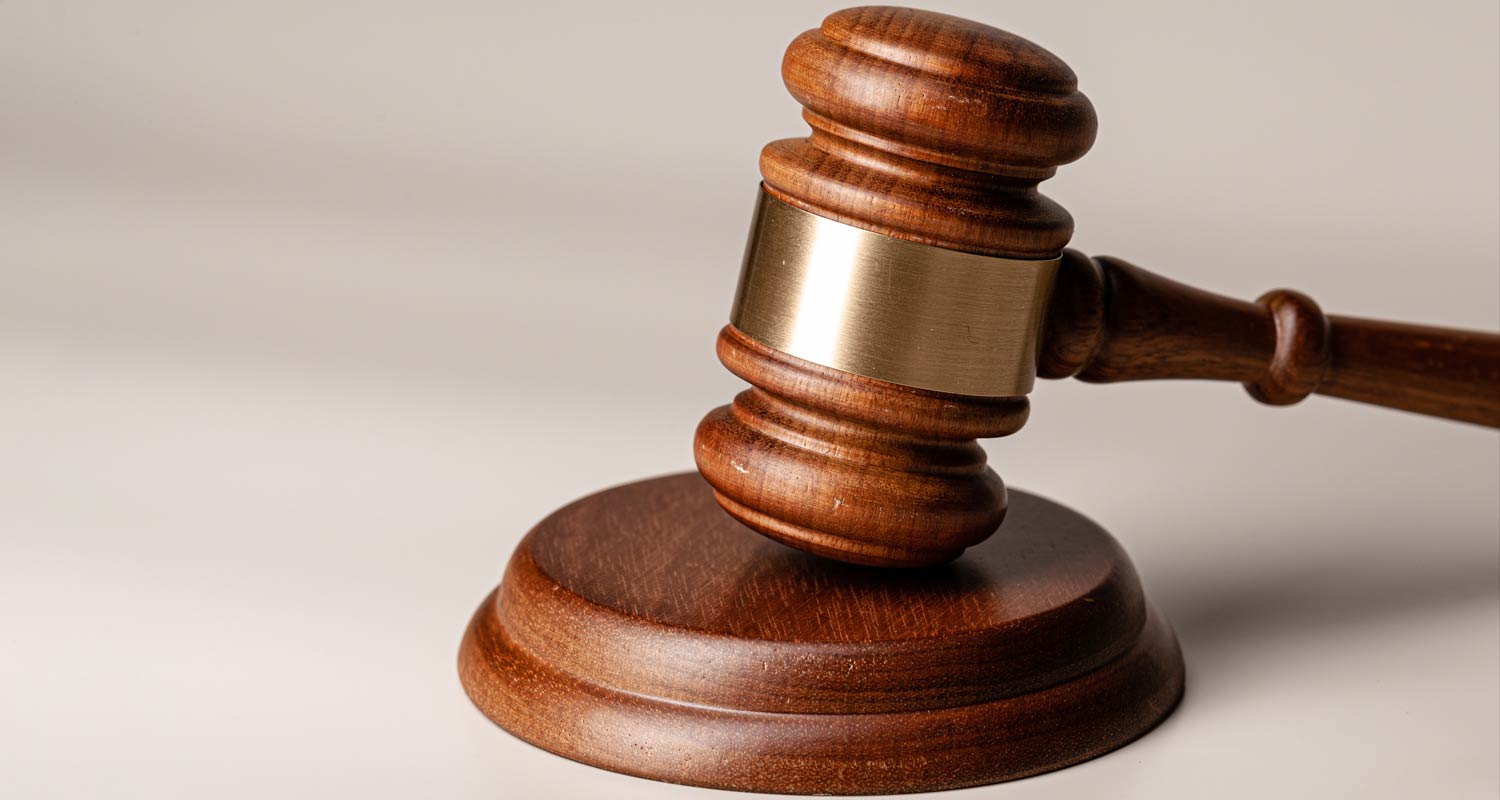 Turkcell is back in court next week as it seeks to keep a bribery and corrpution case, in which it is seeking at least R75-billion in damages from MTN Group, alive in South Africa’s legal system.
Turkcell is back in court next week as it seeks to keep a bribery and corrpution case, in which it is seeking at least R75-billion in damages from MTN Group, alive in South Africa’s legal system.
The supreme court of appeal in Bloemfontein will on Monday and Tuesday next week hear from Turkcell about why it feels a lower court – the high court in Gauteng – erred when it found in 2022 that South African courts did not have jurisdiction in the long-running matter.
At the time, MTN lauded the high court’s judgment and suggested the legal battle was over. But Turkcell did not agree with that assessment, and sought an appeal, which will now be heard by the supreme court.
The stakes for both companies are enormous.
Turkcell first filed papers in South Africa in November 2013 regarding a licensing process in Iran that took place in 2005 in which it was an active participant. The licence went to a consortium that included MTN. Turkcell later sued MTN for US$4.2-billion (R75.3-billion at the time of writing) in damages and has accused MTN over the years of paying bribes to secure the licence.
Turkcell claimed it lost out to MTN after the latter paid bribes and other inducements to secure the lucrative stake. It also sought damages in the high court from former MTN Group CEO Phuthuma Nhleko and former director Irene Charnley, both of whom were intimately involved in the negotiations with the Iranians to secure the Irancell licence. Nhleko and Charnley have both denied the allegations.
On its merits
Cedric Soule, a lawyer for Turkcell, told TechCentral an interview on Friday that the company strongly disagrees with the high court’s assertion that South African courts do not have jurisdiction over the case. He said Turkcell will argue at the supreme court of appeal next week that local courts do, indeed, have jurisdiction in the matter and that it should be heard in South Africa, on its merits, by the high court.
Soule said Turkcell believes it still has a strong case against not only MTN but also against Nhleko and Charnley. “MTN interfered with our contractual rights and took away the GSM licence that was ours,” he alleged.
“The merits of the case have never been ruled on. Whether we are right or wrong, what we are interested in is a court being confronted by the evidence, looking at it and making a determination on it. We haven’t had that opportunity.”
He said the “proper place” for this to happen is South Africa, not Iran, which he said doesn’t have a judiciary that is independent of the state.
“We don’t believe we will get a fair hearing in Iran. The Iranian justice system is controlled by the state, and we are making serious allegations involving the Iranian state,” he said. “When Turkcell was kicked out of the GSM licence in 2006, Turkcell applied to the Iranian courts for an injunction, and it was ignored.”
 He said that despite the high court finding against Turkcell, the company believes that South Africa has an independent judiciary and that it will get a fair hearing here.
He said that despite the high court finding against Turkcell, the company believes that South Africa has an independent judiciary and that it will get a fair hearing here.
Previous attempts by Turkcell to resolve the matter through international arbitration failed. The company approached the South African courts after a legislative change affected the jurisdiction of a US court from which it had earlier sought relief.
It alleged in its application to the US court that MTN had conspired with Iranian officials to oust it from the successful consortium that bid for the licence and take its place by promising to use its influence with the South African government so it could procure defence equipment and garner support for its nuclear development programme at meetings of the International Atomic Energy Agency.
Read: Hawks raid MTN offices in Turkcell dispute
Turkcell’s legal challenge came despite the findings in 2013 of the Hoffmann Committee, appointed by MTN in 2012, which cleared the South African group of wrongdoing in Iran. That committee, chaired by South African-born former senior British jurist Leonard Hoffmann, found there was no conspiracy between MTN and Iranian officials to remove Turkcell from the bidding process. Indeed, the committee found that Turkcell’s allegations were a “fabric of lies, distortions and inventions”.
The Hoffman report cleared MTN, Nhleko and Charnley of wrongdoing. Lord Hoffmann found that MTN made no payments to South Africa’s then ambassador to Iran, Yusuf Saloojee, and neither Nhleko nor Charnley authorised former MTN Irancell director Chris Kilowan to promise him anything, as Turkcell had alleged. Kilowan’s allegations form the basis of Turkcell’s claims, but the committee found his evidence to be “unreliable”. – © 2024 NewsCentral Media




